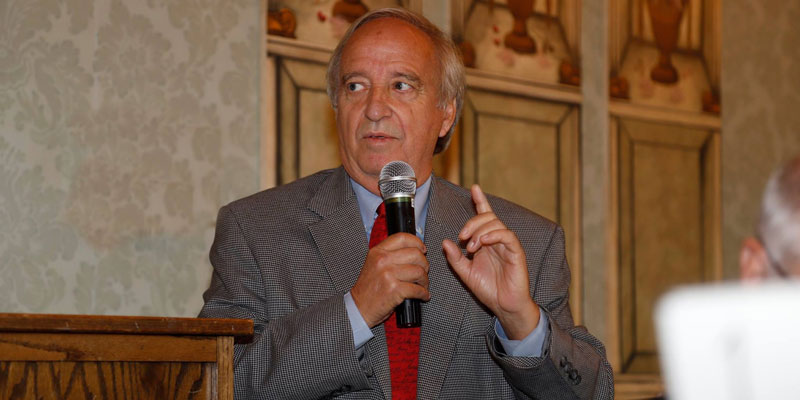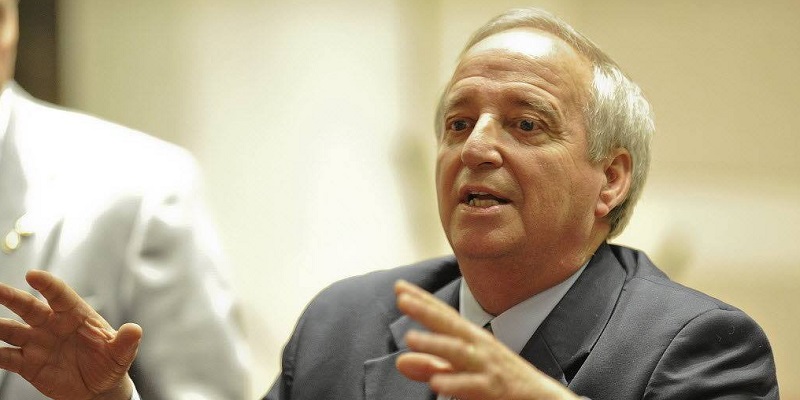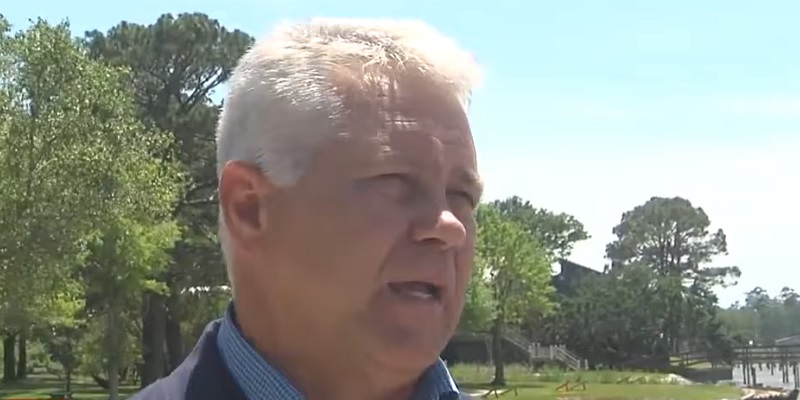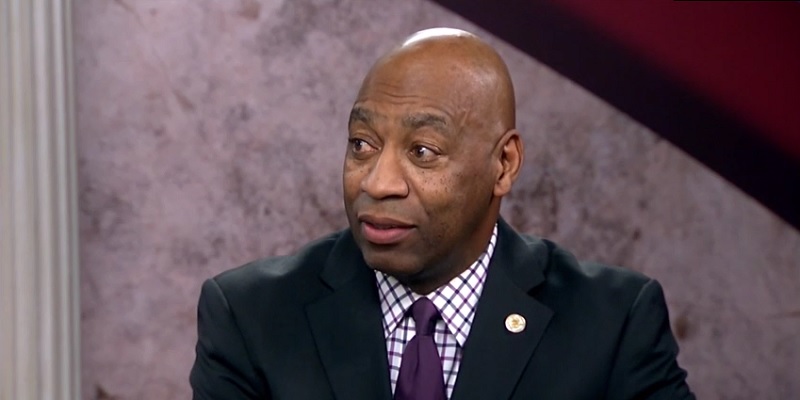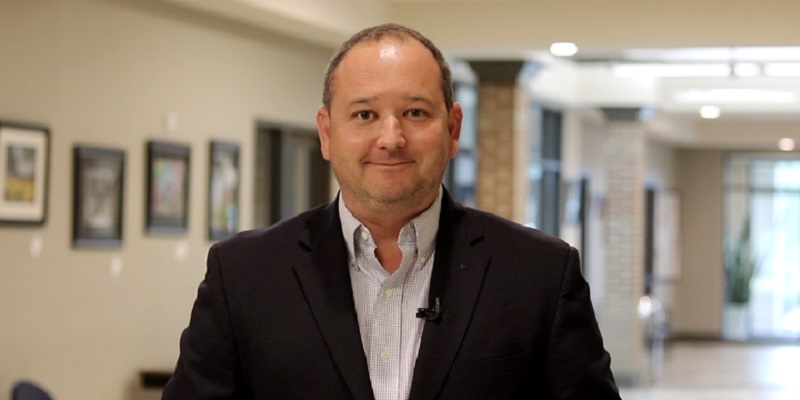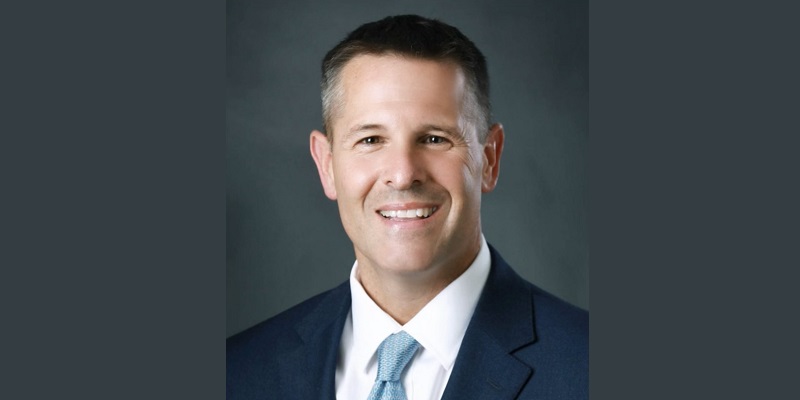Last week, the State House Judiciary Committee voted to advance a bill that would repeal the state’s so-called Habitual Felony Offender Act.
To the surprise of many, a handful of Republican lawmakers on the committee voted with the bill’s sponsor, State Rep. Chris England (D-Tuscaloosa), to advance HB 107, the legislation that would repeal the law. Among those Republicans was State Rep. Mike Ball (R-Madison), who during an interview that aired on Mobile radio’s FM Talk 106.5 on Tuesday, explained why he supported the effort.
“Here’s the thing — the habitual offender law, you know I come from law enforcement, and I’m certainly all about dealing with criminals, holding people accountable,” he said. “There have been some changes made to the habitual offender law over time. Some people would get sucked into it. It just needed another look.”
“And what we need to do — we need to empower judges and empower the process to look at people who, over time, could be released, would be a reasonable, have very little risk to society,” Ball continued. “We need to rehabilitate who we can. You know, a lot of times somebody can be like in their 20s, and they do several stupid things, particularly the low-level, non-violent criminal or even some people might do violent acts in their 20s, depending on what it is. All murders are not the same. I investigated a lot of them. There are some things that cry out for the death penalty. Some things cry out for life without parole. And some, you do 10-20 years, you get 40 years old, and you are a different person. What I’m saying is the Habitual Offender Act, the mandatory minimum — there were some cases of injustice that fell through the cracks. That being said, there is still the mechanism there to give big-time to the serious offenses. I think it’s like a lot of things that we have. A lot of times, arbitrary laws don’t take into account individual cases, the particular individual it impacts, as well as the circumstances surrounding the case.”
“Every case is different,” he said. “That’s why we have judges. That’s why we have a process. I do think we’re doing some things with our pardons and paroles, with monitoring and things we could have never done in the 1970s or the early 80s when that was imposed. And quite frankly, there are some people in prison that are taking up space because of an arbitrary law that should be released for people that probably need to stay there, particularly — a huge number of violent crimes are committed by unattached makes between the ages of 18 and 25. There are a lot of folks — when they get to their 40s or 50s, there’s a good chance they won’t offend again. Some of these things — some of the sex offenders, some of the violent people who have a propensity for violence — keep those people locked down. Then some of the stuff, like there are something that are felonies — we call a lot of things felonies. And all crimes are not equal. So I just think the system needs to be more responsive, and more mechanisms are in place to monitor people better than we had in the 80s.”
“It had its time,” Ball added. “This was a tweak that I think was necessary. I don’t think it’s the political hot-button — well, it’s the political hot-button, but there’s a lot of overreaction on all sides of it. I think where we’re at is going to be a good place.”
@Jeff_Poor is a graduate of Auburn University and the University of South Alabama, the editor of Breitbart TV, a columnist for Mobile’s Lagniappe Weekly, and host of Mobile’s “The Jeff Poor Show” from 9 a.m.-12 p.m. on FM Talk 106.5.




